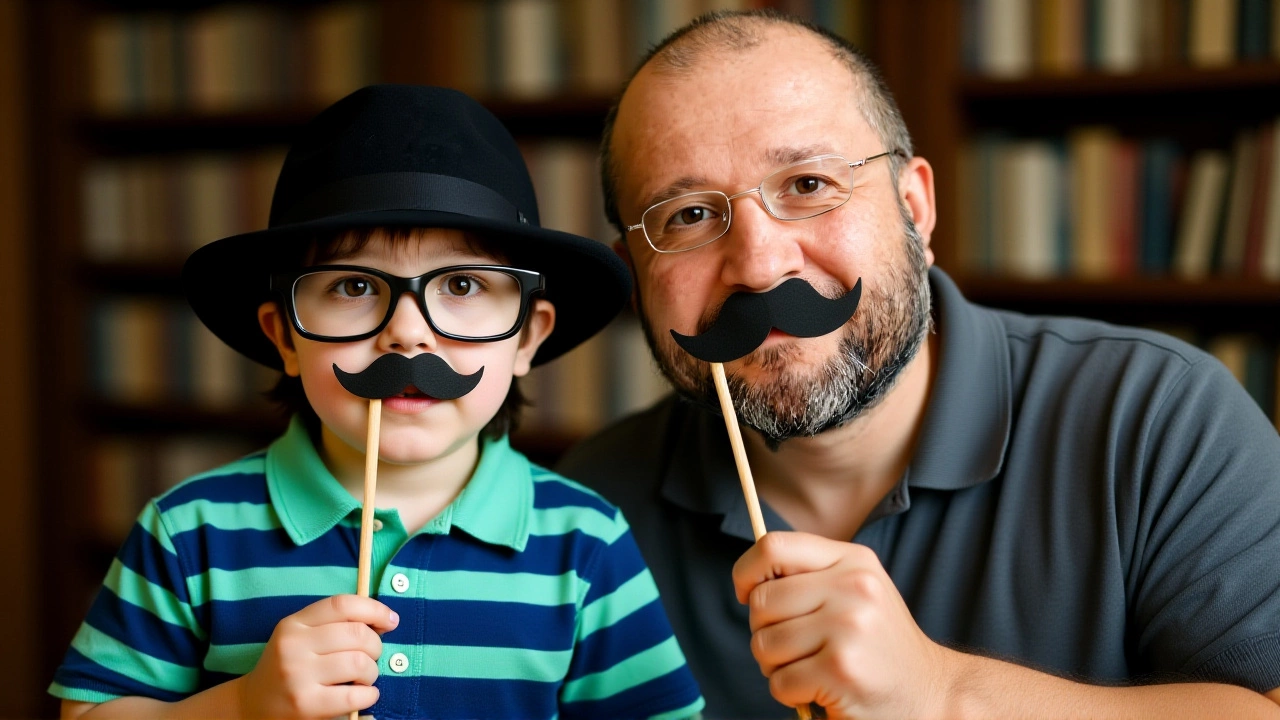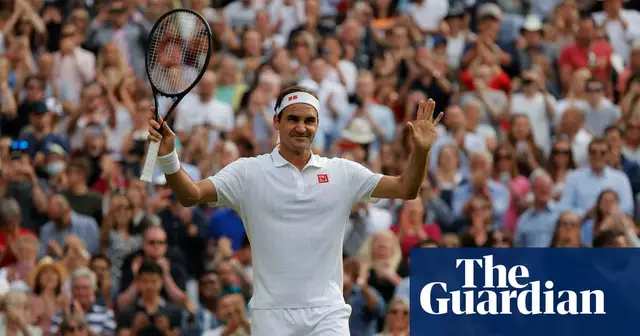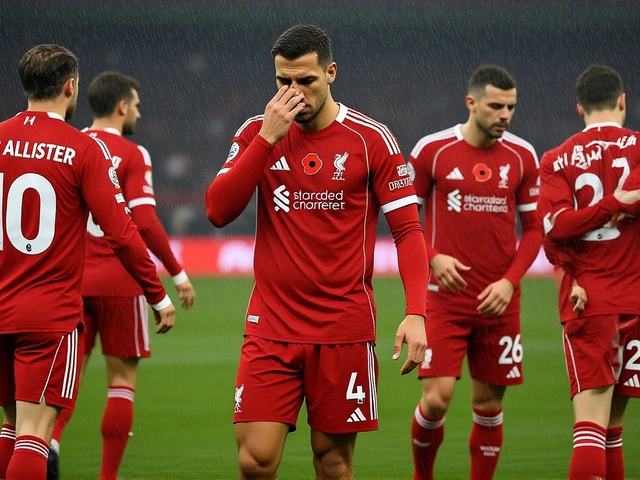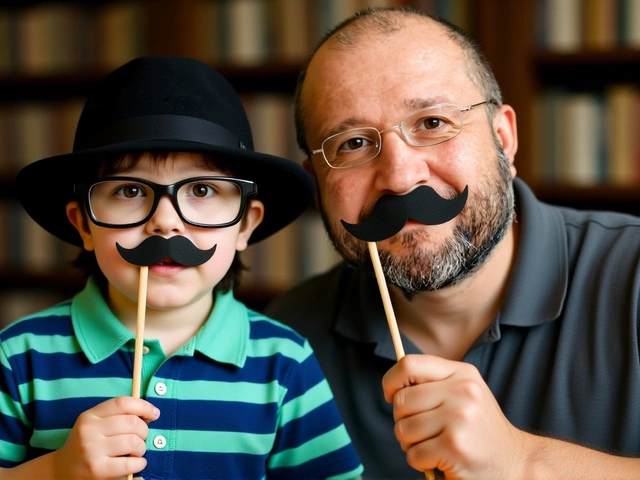On Wednesday, November 19, 2025, over 80 countries will observe International Men's Day under the theme 'Celebrating Men and Boys'—a call to spotlight fathers, mentors, and everyday men who embody resilience, compassion, and quiet strength. The observance, anchored in Sydney, Australia with a 9-hour global webcast from 3:00 PM to midnight AEDT, will feature health professionals, educators, and community leaders sharing stories rarely heard in mainstream discourse. This isn’t just another awareness day. It’s a reckoning—with outdated stereotypes, with silent suffering, and with the unspoken expectation that men should endure without asking for help.
Why November 19? A Day Built on Connection
The choice of November 19 isn’t arbitrary. It’s intentional. The International Men's Day organization explains that marking men’s contributions one day before International Children's Day on November 20 creates a 48-hour window to honor the bond between fathers and children. That’s not a coincidence—it’s a strategy. In homes from Lagos to Lima, from Seoul to São Paulo, men are often the unseen anchors in their families. They’re the ones who show up for school plays, who fix broken toys, who sit quietly beside a child crying over a failed test. Yet society rarely applauds them for it. The 2025 theme flips the script: instead of celebrating masculinity as stoicism, it celebrates it as presence.A Global Webcast, One Voice at a Time
The centerpiece of this year’s observance is the International Men's Day Webcast. Running from Sydney across time zones, it will connect voices from Nairobi, Toronto, Warsaw, and beyond. Speakers include Dr. Michael Flood, an Australian researcher on male engagement in gender equality, and Dr. Luis Mendez, a psychologist from Mexico City who runs community programs for fathers in high-risk neighborhoods. The webcast isn’t meant for policymakers alone—it’s for the man sitting alone at 2 a.m., wondering if anyone notices how hard he’s trying. "We’re not here to fix men," says one organizer. "We’re here to remind them they’re not broken." The event targets those who care most: teachers who see boys shutting down in class, coaches who notice athletes withdrawing, nurses who treat men in emergency rooms with untreated depression. "If you’ve ever said, ‘Just suck it up,’ to a man you love—you’re part of the audience," reads the webcast’s official message.The Silent Crisis Behind the Celebration
Behind the greetings and social media posts lies a troubling reality. According to the World Health Organization, men account for nearly 80% of all suicides globally—a rate that has climbed steadily over the past decade. In the U.S., men are four times more likely than women to die by suicide. In the UK, suicide is the leading cause of death for men under 45. In India, rural men face mounting pressure to be breadwinners in economies that no longer support stable employment. Yet mental health services tailored for men remain underfunded and underutilized. A 2024 study from the International Men's Day network found that only 37% of men in low-income countries believe seeking therapy is "acceptable for someone like me." This is why the 2025 theme matters. It doesn’t ask men to be stronger. It asks society to stop mistaking silence for strength.Not a Rival to Women’s Day—A Complement
Misconceptions still linger. Some assume International Men’s Day exists to undermine International Women’s Day. That’s not just wrong—it’s dangerous. The official site is clear: "Its ethos is to highlight men’s experiences and recognise their important contributions." Dr. Jerome Teelucksingh, the Trinidadian physician who launched the modern movement in 1999, always insisted on collaboration, not competition. "Gender equality isn’t a zero-sum game," he wrote in a 2020 interview. "When boys learn to express vulnerability, girls learn to expect emotional honesty. When men are supported in caregiving roles, women are freed from the burden of being the sole emotional laborers." November is, in fact, a month of alignment. Movember raises funds for prostate and testicular cancer. Men’s Equality Month challenges legal and social disparities in custody, education, and workplace safety. And on November 19, we pause to say: your life matters—not because you’re a provider, but because you’re human.What Comes Next?
The ripple effects are already visible. In Australia, schools are piloting "Men’s Well-being Circles"—weekly sessions where boys and young men talk openly about pressure, loss, and identity. In Kenya, community radio stations are broadcasting personal stories from fathers, with call-in lines for listeners to share their own. In the U.S., the Department of Health and Human Services recently allocated $12 million to expand male-specific mental health outreach in rural clinics. But change won’t come from policy alone. It comes from a father saying, "I’m not okay," and being met with a hug instead of advice. From a teacher asking a quiet boy, "What’s really going on?" From a friend texting, "I’ve been there too." The webcast ends at midnight AEDT. But the conversation? That’s just beginning.Frequently Asked Questions
How does International Men's Day differ from Movember?
While Movember focuses specifically on men’s physical health—especially prostate and testicular cancer, and mental health awareness through fundraising—International Men’s Day addresses the broader social, emotional, and cultural dimensions of being a man. Movember is a month-long campaign with a clear fundraising goal; IMD is a single day dedicated to storytelling, role modeling, and systemic change in gender norms.
Why is the theme 'Celebrating Men and Boys' instead of just 'Men'?
The inclusion of 'boys' reflects growing concern over how young males are shaped by toxic stereotypes early in life. Studies show boys as young as 7 begin suppressing emotions to fit societal expectations. By focusing on boys, the theme targets prevention—not just reaction. It’s about creating environments where boys learn healthy expressions of strength, empathy, and vulnerability from the start.
Who is Dr. Jerome Teelucksingh, and why is he important to this day?
Dr. Jerome Teelucksingh, a Trinidadian academic and physician, revived International Men’s Day in 1999 after noticing a lack of global recognition for men’s struggles despite widespread observance of International Women’s Day. He chose November 19 to honor his father’s birthday and to align with International Children’s Day. His framework emphasized positive role models, gender equality, and men’s health—not competition with women’s movements. He remains a key voice in the global dialogue on masculinity.
What can individuals do to support men’s well-being beyond November 19?
Start by listening without fixing. Ask the men in your life how they’re *really* doing—and mean it. Share resources like crisis lines (e.g., The Man Therapy website or the Samaritans). Challenge jokes that equate masculinity with emotional suppression. Support programs that train teachers and coaches in male mental health. Small, consistent actions build cultures where vulnerability isn’t weakness—it’s courage.
Is International Men's Day recognized by the United Nations?
No, it is not an official UN observance like International Women’s Day. However, the UN’s Office on Gender Equality has acknowledged its value in promoting healthy masculinity as part of broader gender equity goals. Several UN agencies, including UNICEF and WHO, collaborate with IMD organizers on research and outreach, particularly in regions with high male suicide rates.
How do countries like India and Nigeria participate in International Men's Day?
In India, NGOs organize father-child storytelling events in schools and community centers, often using local languages and folk traditions to reach rural populations. In Nigeria, men’s groups in cities like Lagos and Abuja host public forums on financial stress, fatherhood, and mental health, often livestreamed on WhatsApp and YouTube. Local influencers share personal testimonials, breaking stigma around therapy. These efforts are grassroots, community-driven, and growing rapidly despite limited funding.






